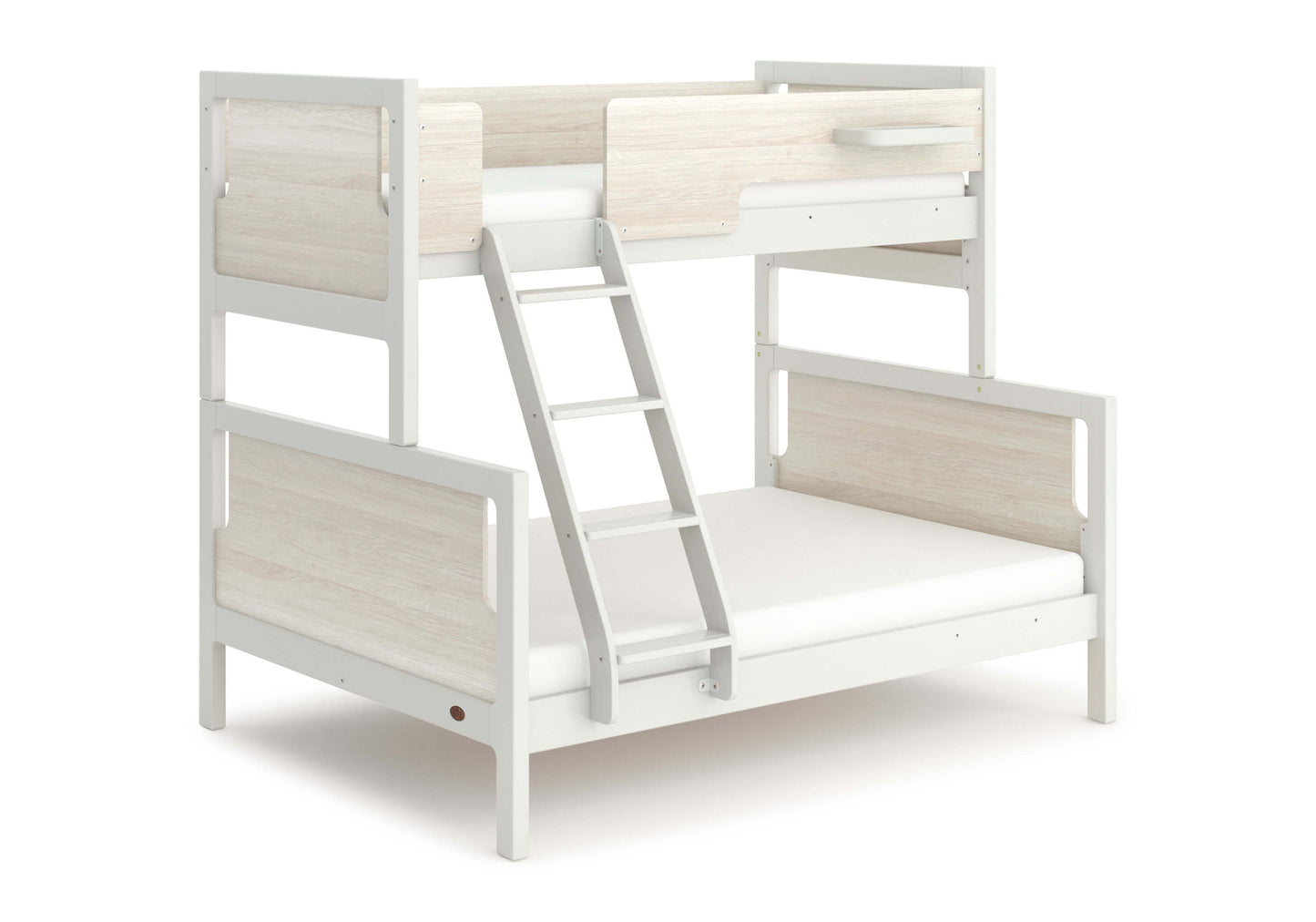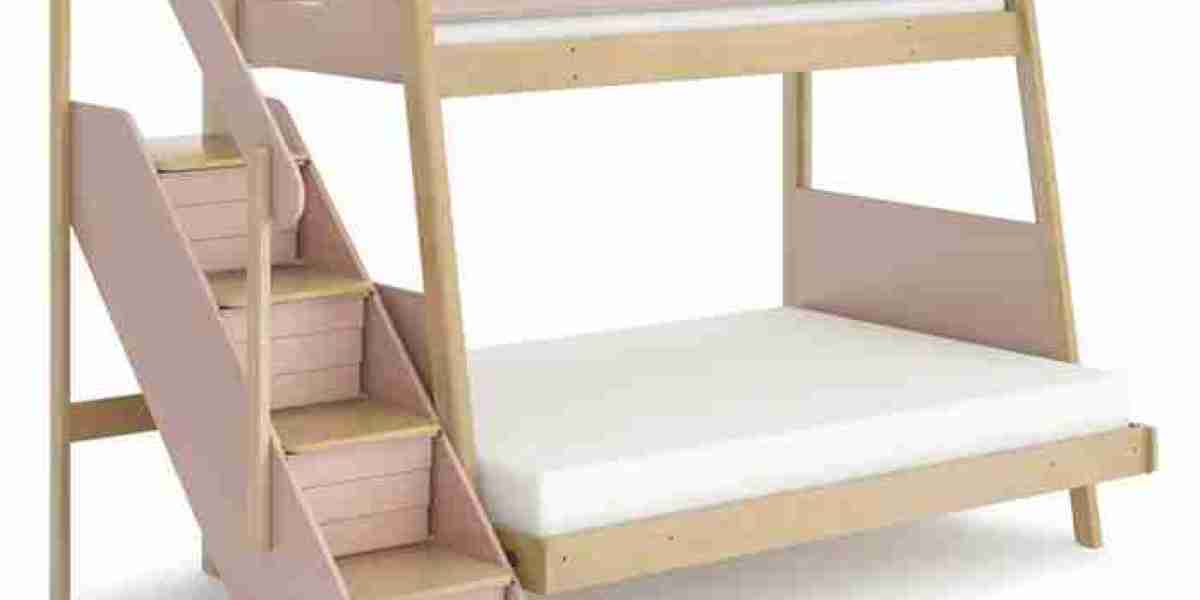Bunk beds are a popular choice for families looking to maximize space in children's bedrooms. However, safety is a paramount concern when it comes to using these multi-level beds. Suteki, a brand known for its stylish and functional furniture, emphasizes the importance of bunk bed safety. Here are essential safety tips to ensure your kids remain secure while they sleep.
Understanding Bunk Bed Risks
Bunk beds can pose certain risks, particularly for younger children. According to research, an average of 36,000 bunk bed-related injuries occur annually in the United States. Most injuries stem from falls while sleeping or playing. The most common injuries include cuts, bruises, and broken bones, with the head and neck being the most frequently injured areas. It’s crucial for parents to be aware of these risks and take preventive measures.
Age Appropriateness
One of the most critical safety tips is to consider the age of the child using the bunk bed. Children under the age of six should not sleep on the top bunk. Their smaller size and developing coordination make them more vulnerable to falls. Instead, they should be placed on the bottom bunk, where they are safer and more accessible for parents.
Guardrails Are Essential
Guardrails are a vital safety feature for any bunk bed. Suteki recommends using guardrails on both sides of the top bunk. These rails should extend at least 5 inches above the mattress to prevent children from rolling off during the night. Additionally, the gaps in the guardrails should be no larger than 3.5 inches to prevent strangulation hazards.
Proper Mattress Fit
Ensuring that the mattress fits correctly is another essential safety measure. The mattress should be the appropriate size for the bunk bed, and it should sit firmly on the bed frame without any gaps. A mattress that is too small can create a dangerous space where a child could become trapped. Suteki offers various mattress sizes to ensure a perfect fit for their bunk beds.
Safe Climbing Practices
Teaching children how to use the ladder safely is crucial. Parents should instruct their kids on how to climb up and down the ladder carefully. It’s also important to ensure that the ladder is sturdy and securely attached to the bunk bed. Consider installing a ladder with handrails for added safety, especially for younger children.
Playtime Precautions
Bunk beds should be treated as sleeping spaces, not play areas. Parents should discourage children from playing on or around the bunk bed and ladder. This precaution helps prevent falls and injuries that can occur during roughhousing or climbing.
Nighttime Safety Measures
To enhance safety during the night, consider installing a night light near the ladder. This will help children navigate safely when getting in and out of bed. Additionally, ensure that the area around the bunk bed is free of obstacles or dangerous objects that could cause injury if a child were to fall.
Regular Maintenance Checks
Regularly inspect the bunk bed for any signs of wear or damage. Check that all components, including the ladder, guardrails, and bed frame, are in good condition. If any parts are broken or damaged, do not allow the bunk bed to be used until repairs are made. Suteki emphasizes the importance of maintaining furniture to ensure long-term safety and functionality.

Avoid DIY Risks
While DIY projects can be rewarding, parents should be cautious when it comes to bunk beds. Many DIY bunk bed kits may not meet current safety standards. It’s advisable to purchase bunk beds from reputable manufacturers like Suteki, who adhere to safety regulations and guidelines.
Educate About Strangulation Hazards
Parents should educate their children about the dangers of attaching items like belts, scarves, or ropes to the bunk bed. Such items can pose strangulation risks. Ensure that children understand the importance of keeping their sleeping area clear of such hazards.
Conclusion
Bunk beds can be a fantastic space-saving solution for families, but safety must always come first. By following these safety tips from Suteki, parents can create a secure sleeping environment for their children. Regular maintenance, proper usage, and educating kids about safety can significantly reduce the risk of injuries associated with bunk beds. With the right precautions, bunk beds can provide a fun and safe sleeping experience for children.






